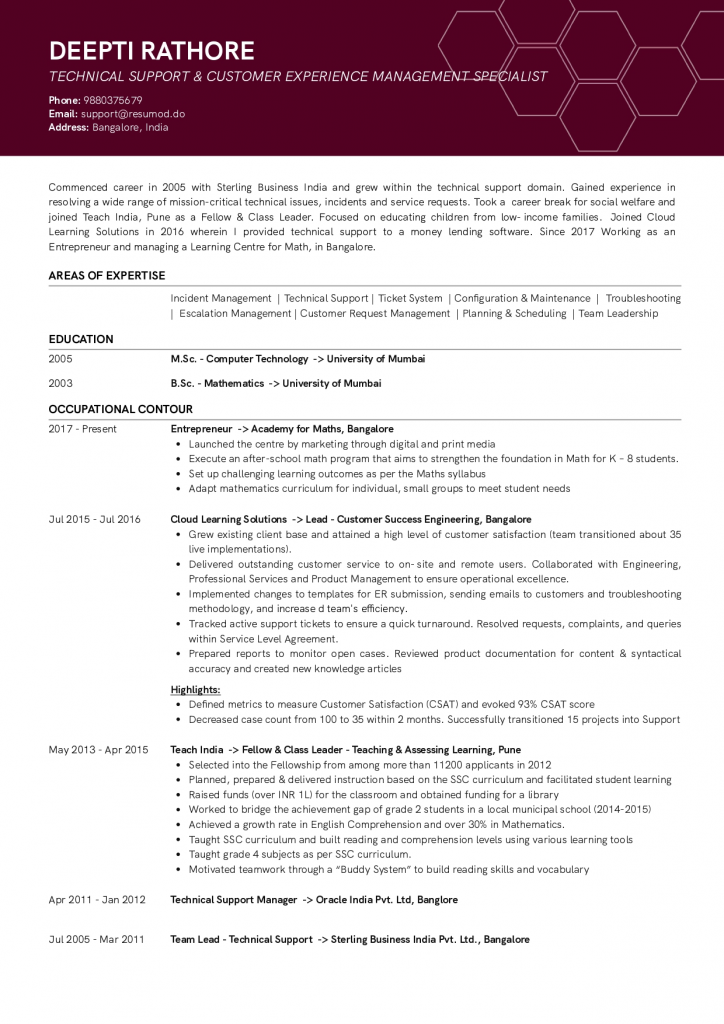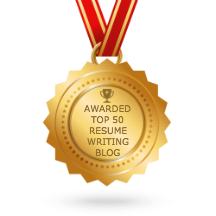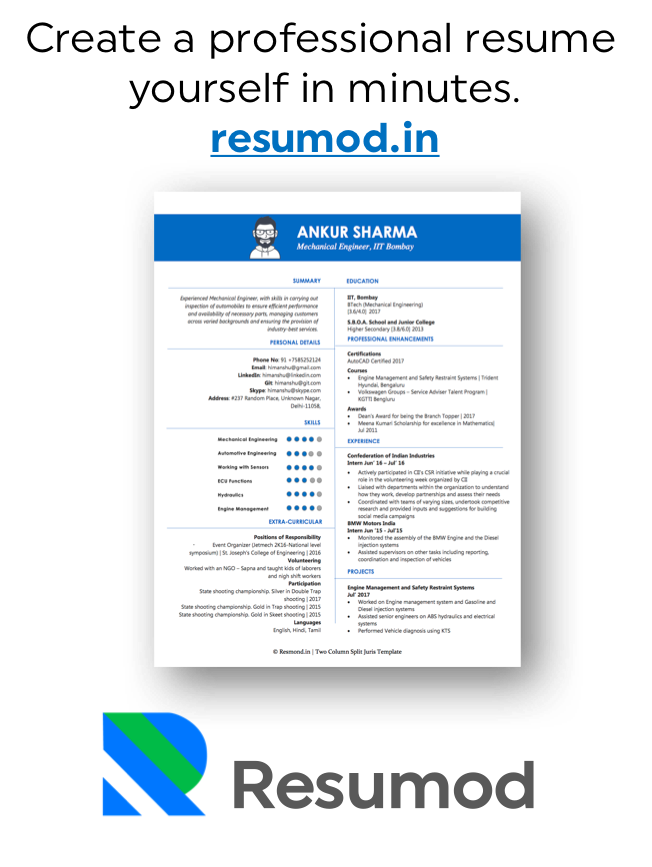You have built a strong career over the years. Led teams, driven results, and created impact. But somewhere along the way, there is a gap on your resume – a career break that now raises questions in the hiring process.
If that sounds familiar, you are not alone.
Many experienced professionals have taken breaks due to personal health, caregiving responsibilities, layoffs, upskilling, sabbaticals, or even a conscious pause to re-evaluate their career direction. Yet, when it is time to re-enter the workforce or make a move, these employment gaps can feel like a hurdle.
So how do you present these resume gaps in a way that is honest, confident, and strategic?
Here is how to explain employment gaps on your resume without undermining your experience or professional value.
Understand That Gaps Are No Longer a Red Flag
Before we get tactical, it is important to shift your mindset.
In today’s hiring landscape, especially post-2020, career gaps are more common and more accepted – than ever. According to LinkedIn, the number of users adding career breaks to their profiles increased by over 39% in the past two years. Employers are now looking for transparency and the ability to bounce back – not perfection.
For professionals with 15+ years of experience, taking time off isn’t unusual. It’s how you frame the gap that makes the difference.

Choose the Right Resume Format
If you are concerned about how the gap looks chronologically, consider the functional or combination resume format. Unlike the traditional reverse-chronological format, these formats highlight your skills and achievements first, followed by a condensed work history.
This helps recruiters see your value upfront rather than focusing on the gap.
However, avoid hiding the gap. Recruiters value honesty, and unexplained time off only raises more concerns.
Include the Gap in Your Timeline Strategically
When addressing employment gaps on a resume, the goal is to give context without over-explaining. Here are some ways to do it:
A. Label the Gap Professionally
If you took time off for a specific reason, list it as part of your experience section with a clear title:
- Career Sabbatical | Jan 2022 – Dec 2022
Took a planned professional break to upskill, travel, and reassess long-term career goals. Completed two executive certifications during this period. - Family Caregiver | Mar 2020 – Sep 2021
Provided full-time care for an immediate family member while staying updated on industry trends through self-paced learning.
Keep it concise, professional, and relevant.
B. Focus on What You Did, Not Just Why You Were Away
Did you attend online courses? Volunteer? Consult part-time? Read industry publications?
Highlight any activity that demonstrates ongoing learning, leadership, or initiative.
Example:
Independent Consultant (Contract) | Freelance | 2021
Worked with two mid-sized firms to optimize internal operations and digitize their customer onboarding process. This short-term consulting project helped maintain strategic thinking and market awareness.
Use the Cover Letter to Tell Your Story
A cover letter is a powerful tool to frame your career journey with intention. It is where you explain the context behind your employment gap in a human, honest way.
Tips:
- Keep it brief – 2-3 lines about the gap
- Focus on how you are now ready to return and add value
- Mention skills or experience gained during the break
Example:
In 2022, I took a brief career pause to support a family member’s medical recovery. During this time, I remained engaged with my professional community and completed a leadership development course. I am now fully prepared to take on a senior role where I can contribute my 18+ years of experience.
Remember: the purpose is not to justify the gap but to demonstrate your readiness.
Be Prepared to Discuss It in Interviews
Once your resume gets you through the door, be ready for a confident, forward-focused conversation about your career break.
Avoid:
- Over-apologizing
- Sharing unnecessary personal details
- Speaking negatively about previous employers
Instead, focus on:
- What prompted the break
- What you did to stay engaged or learn
- Why you are now fully committed to the next role
Sample response:
I took a year off in 2021 to handle personal responsibilities, which gave me a chance to step back and realign my career goals. During that time, I completed two certifications in agile leadership and mentored junior professionals in my network. I’m now energized to return and contribute to a high-impact role.
This approach shows maturity, accountability, and readiness.
Highlight Transferable Skills and Achievements
A career break does not erase decades of success. Make sure your resume highlights:
- Key achievements in past roles
- Leadership responsibilities
- Cross-functional impact
- Revenue growth or cost savings
- Team building and mentoring
Use quantifiable results wherever possible.
Example:
- Led a cross-functional team of 20 to reduce operational costs by 18% in under 12 months.
- Introduced a data-driven sales strategy that increased conversion rates by 25%.
These results shift focus from your break to your capabilities.
Address Long-Term Gaps with Thoughtful Positioning
If your gap was longer than 18–24 months, it’s even more important to show relevance and reintegration. Here is how:
- Enrol in a return ship or refresher program (e.g., TCS iON, SAP’s Back-to-Work)
- Include freelance or part-time roles, even if unpaid
- Get certifications that align with current trends in your industry
These demonstrate your initiative and make it easier for recruiters to assess your current market readiness.
Avoid Common Resume Gap Mistakes
Here are a few mistakes to steer clear of:
- Ignoring the gap completely: Unexplained time off will raise red flags.
- Using vague language: Terms like “career pause” or “personal time” without context can be confusing.
- Over-explaining: You are not obligated to share personal medical details or family situations. Keep it professional.
- Underselling yourself: A gap does not make you less qualified. Avoid downplaying your leadership experience or contributions.

Gaps Don’t Define You – Your Growth Does
A resume gap, no matter the reason, is not a liability. It is a part of your professional journey, and when handled with honesty, clarity, and confidence, it becomes just another chapter in a long and accomplished career.
As a professional with 15+ years of experience, you bring a depth of insight, problem-solving, and leadership that no short gap can erase. Hiring managers are not just looking for a perfect work history – they are looking for people who can adapt, lead, and deliver.
Frame your gap with intention. Focus on your readiness. And remember, the right opportunity values your experience – not just your timeline.





